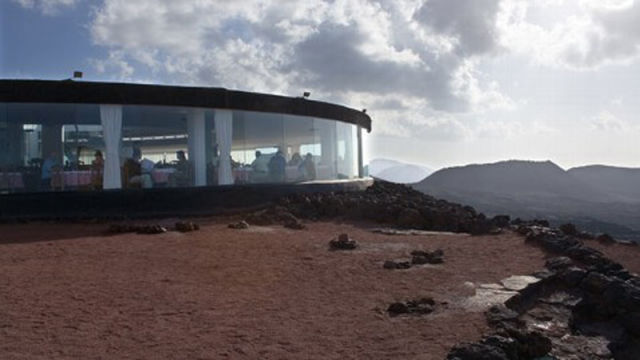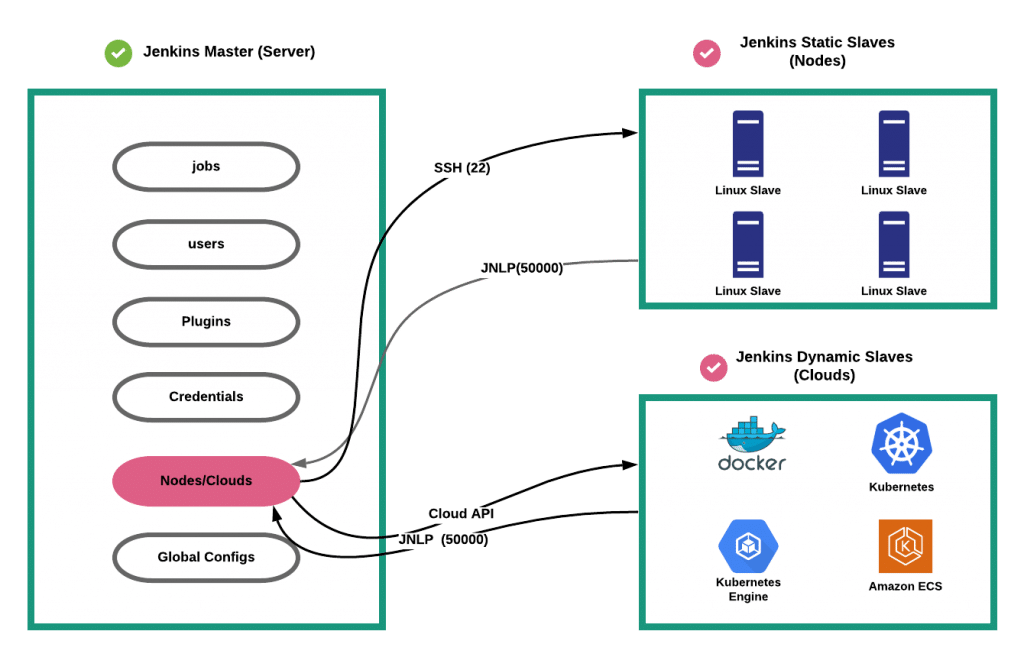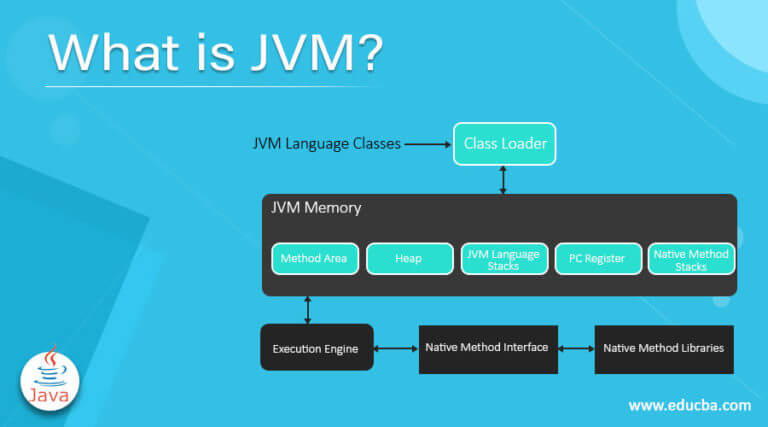Our Strange Reality
The world has always been a strange place where unexpected and unusual events occur on a regular basis. However, in recent times, it seems humanity has found itself living in even more absurd circumstances without realizing the gravity of our situation. While a twisted sense of humor has always been part of the natural order, the severity of the challenges we now face requires us to wake up to our new reality.
A Looming Climate Catastrophe
We live in a world where scientific consensus warns that irreversible climate change tipping points are fast approaching within the next decade, yet this existential threat fails to prompt necessary actions from our leaders. Paid professionals clearly state that human-caused global warming will devastate civilization as we know it by 2030, yet this imminent disaster seems to garner little serious attention or policy changes. Children understand the need to act but must sacrifice their education to get this message across. Those least responsible for emissions will face the worst consequences of climate breakdown. How strange it is that short-term political and economic interests still outweigh universal survival.

A Disconnect from Natural Limits
Our society operates as if the laws of physics and ecology don’t apply. Economic matrices and indicators misrepresent the actual carrying capacity of planet Earth. Unlimited consumption and growth are touted as desirable on a finite world, while the physical limits to resources and waste absorption remain ignored. Mainstream politicians and businesses refuse to consider alternative socioeconomic systems that could help safeguard humanity’s long-term future. Protecting vanishing species becomes too expensive while wrecking the atmosphere with fossil fuels receives taxpayer subsidies. Such an irrational, maladapted approach to safeguarding the only biosphere that harbors human life has created a truly bizarre set of warped priorities.
Divergence from Shared Truth
In the information age, objective facts no longer seem to matter as much as individualized perceptions and convenient falsehoods. “Alternative facts” and postmodern relativism have pervaded society to the point that an empirical, evidence-based shared reality is threatened. No consensus exists on the nature of existential issues like climate change despite clear scientific agreement. People prioritize their right to entertainment over taking action on global injustices like the climate crisis that endangers humanity. Such a post-truth divergence from scientific consensus about universal threats facing our species has created a society frighteningly ill-equipped to solve collective problems.
A Disconnected Population
Perhaps most strangely of all, the majority remains blissfully unaware of the severity of the situation. While celebrities, movements, and leaders call for awakening, superficial distractions still dominate public discourse and attention. A football match receives more airtime than humanity’s predicament. People obsess over pointless squabbles instead of uniting to solve our deepest challenges. Climate apathy and disconnect from reality are norms despite the building catastrophe. Even with a narrowing window to avoid dramatic global societal collapse, most continue prioritizing trivial pursuits over existential dangers. How strange and illogical it seems that a threatened populace remains so disengaged from its circumstances.
A Chance for Unity
While the disconnect and abnormalities seem deeply entrenched, hope remains if more wake up to reality and come together. Leaders must openly convey the dire nature of the climate emergency and citizens hold them accountable. Individuals can spread factual information to peers and encourage focus on shared priorities over divisions. United, populations could drive the sweeping societal and economic transformations needed. Though a challenging task, arising to the occasion represents the only logical route for humanity. Facing strange times calls for adapting norms to a new shared purpose: safeguarding rational, science-based progress and universal well-being over short-term interests. With truth and cooperation, even the direst circumstances could be navigated.
Reconnecting to Our True Place
Our modern world often promotes false narratives that contradict objective reality and nature’s design. Realigning with basic scientific truths about human dependence on Earth’s natural systems provides much-needed perspective.
Rethinking Human Dominance
Research consistently shows humanity depends on healthy ecosystems about as much as any other species. However, mainstream ideals paint people as separate from and superior over nature. This anthropocentric worldview isn’t just factually wrong - it creates societal disconnect from environmental crises. Reconnecting humanity’s well-being to ecosystem well-being through education may help shift perceptions and policy priorities towards sustainability. Recognizing interdependence, not dominance, with nature represents a more empirically and ethically-grounded perspective.
Rediscovering Ecological Limits
For millennia, most societies adapted lifestyles within Earth’s finite biocapacity and regenerative abilities. However, industrialization unlocked vast resources, convincing many modern cultures they owe nothing to natural systems. This obliviousness to ecological constraints now endangers civilization. Renewable resources can’t support perpetual material growth. Relearning Earth’s physical carrying capacity limits through study of ecosystems, thermodynamics, and cultures past would curb delusions of planetary dominance and reform economical paradigm.
Reimagining Meaning Beyond Consumption
Over-monetizing existence fuels insatiability and disconnects purpose from community/planet well-being. However, strong evidence shows quality relationships and experiences, not possessions, raise well-being. Indigenous cultures know this intrinsically. Redefining progress outside GDP and shifting focus from ”having” to “relating” could help remedy societal emptiness and realign priorities with natural wisdom and stability. A simpler life aligned with planetary boundaries need not mean diminished quality or fulfilment.
Respecting Nonhuman Relatives
Indigenous societies worldwide revere nature as a living community integral to wellness. However, objectifying terrain and resources as commodities detached humans from life’s sacred, interconnected whole. Reviving humility and reciprocity through recognizing inherent worth in all Earth’s inhabitants may foster wiser land stewardship and help shift the destructive paradigm. Non-anthropocentric perspectives hold valuable lessons in sustainably maintaining all life’s balance. Reconnecting to true interdependence and scaling down anthropocentric delusions could help mitigate modern estrangement from reality’s laws. Doing so represents a necessary step towards overcoming society’s persistent maladaptations and protecting livelihoods on a finite planet.
Envisioning Solutions Through Education Reform
While urgent action is needed, rapid change starts with developing an informed public that demands it. Current education often fails to impart realistic understanding of humanity’s place and predicament. Reform could help remedy disengagement and misunderstandings perpetuating the strange disconnect.
Rethinking Curricula
Integrating sustainability science, systems thinking, and indigenous wisdom into standard curricula from primary years onwards may cultivate humility, cooperation and holistic worldviews essential to solving complex threats. Teaching Earth’s physical dynamics and humanity’s interdependence on natural processes could counteract delusions of separation and dominance. Assessing ecological impacts of various career paths could also shift norms.
Promoting Experiential Learning
Book knowledge alone often fails to penetrate misunderstandings. Immersive outdoor education developing first-hand relationships with natural places through projects like conservation, permaculture and indigenous practices may foster profound, lasting respect for life and empathy for threatened species. Hands-on learning of ecological principles outside classrooms represents a powerful complement.
Facilitating Community Involvement
Schools hold influence but change starts locally. Partnering students with community organizations addressing sustainability issues engages hearts and minds through purpose. Participating in initiatives like climate litigation, transition towns, regenerative farming cooperatives and indigenous land defenders’ solidarity campaigns provides youth agency, networks and real-world problem-solving experience that sticks.
Building Hope Through Solutions
Focusing only on problems risks disempowering desperation but spotlighting alternatives inspires action. Highlighting community efforts adapting to or mitigating threats through case-studies and collaboration shows students climate action isn’t futile but urgently needed. Reviving hopes of cooperation, justice and thriving shared existence on Earth could transform coming generations. Reforming education to cultivate systemic, multi-generational and place-based perspectives represents a foundational step towards overcoming modern social maladaptations and disconnections from reality. In turn, an conscious population can drive legislative and commercial changes commensurate with Earth’s natural constraints to safeguard humanity’s long term well-being.
Conclusion
The strange times humanity now faces call for embracing uncomfortable truths and realigning with natural realities. Overcoming societal disconnect requires acknowledging both the severity of existential threats and hopeful alternatives through cooperation. While the challenges seem immense, hope remains if more wake up to shared purpose and truthful understanding of our circumstances. Together, even the most surreal of predicaments may be solved through wisdom, nonviolence, truth and care for life in all its forms. The future, as always, lies in our hands.

 Understanding Jenkins and Version Control Systems
Understanding Jenkins and Version Control Systems